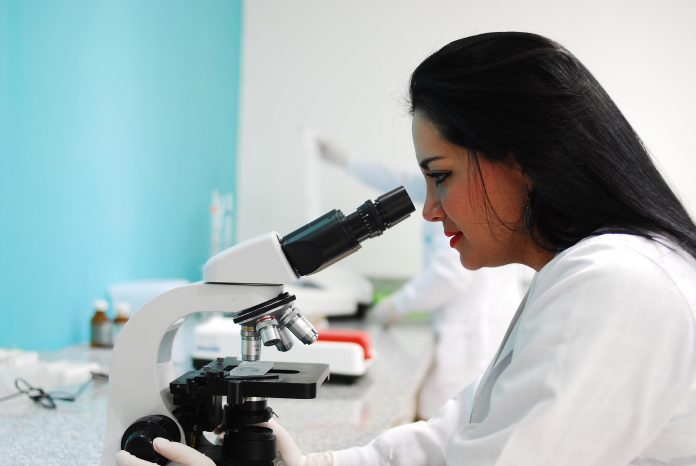
The University of Denmark (DTU) is to open a new Center of Excellence of Microbial Secondary Metabolites (CeMiSt), which will help identify why micro-organisms produce penicillin and other antibiotic substances.
This centre is to be a training platform for a new generation of researchers looking into secondary metabolites. It will pave the way for discovering both fundamental biological principles and new substances with medical potential.
President of DTU Anders Bjarklev said: “Microbial antimicrobial agents have enormous importance for society and technology, and yet we know far too little about their function in Nature.”
Combining biology and engineering
“The aim of CeMiSt is to unravel the role and evolution of microbial secondary metabolites in natural microbial systems. The new centre is an excellent example of the science that is possible when biology and engineering meet.
“We have high expectations and believe that the research will pave the way for new scientific discoveries in the areas of biology and medicine.”
Training the next generation
The CeMiSt was established following a DKK 58m (~€8m) grant from the Danish National Research Foundation and is set to create a new platform for the next generation of PhD students and postdocs.
CeMiSt researchers will carry out basic science, according to Professor Lone Gram, head of CeMiSt.
Gram Said: “We must first of all answer some fundamental biological questions and unravel the function of antibiotic substances in bacteria and fungi which we do not yet fully understand.
“It is basic science on the function, origin and chemistry of secondary metabolites, and we want to understand these by studying the micro-organisms in their natural environment, such as soil, algae, and fruit.
“We will also isolate micro-organisms and examine whether they have genes that enable them to produce antibiotic substances.
“We will construct laboratory models where we manipulate genes and investigate how the production of these substances affects the biological diversity and functionality of microbiological societies.”
The grant has been provided over a six-year period from 2018-2023, with a possibility of an extension of four years following evaluation by an international panel.







